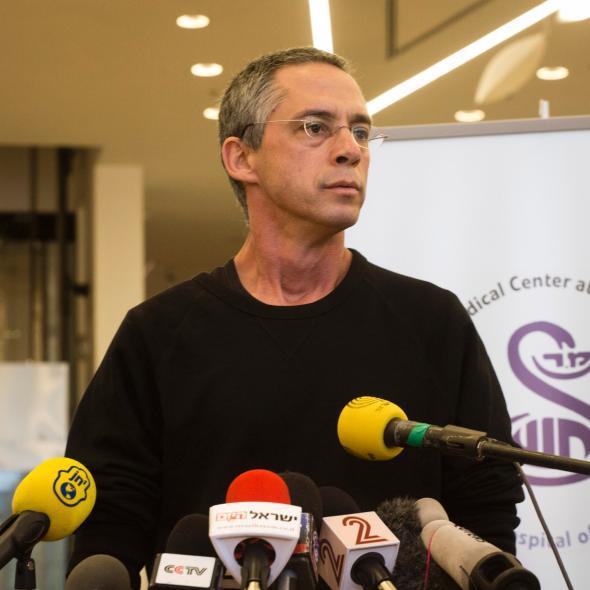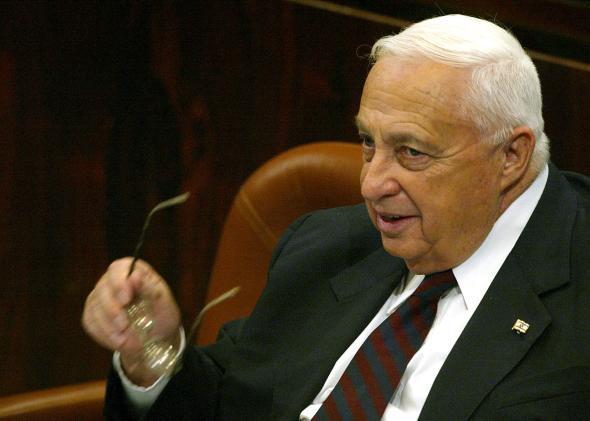Ariel Sharon, the former Israeli general and prime minister who had a stroke at the height of his power, died on Saturday of vital organ failure at age 85. His death came after nearly eight years of lying in a vegetative state after suffering two strokes, the second of which came in January, 2006 and left him comatose. Sharon’s death had been largely expected as his health had taken a turn for the worst over the past week and several of his organs stopped working properly, reports the Associated Press. The former prime minister’s career was vast and followed the history of Israel itself. He participated in every Israeli conflict since its founding in 1948 and commanded troops in the 1973 Arab-Israeli war. He also served in numerous cabinet positions, and was defense minister during the country’s invasion of Lebanon in 1982, after which he was fired for failing to prevent the killings of large numbers of civilians. But he made a political comeback in 2001 at a time of increasing terrorist attacks.
Sharon was admired and hated in equal measure, and often those who hailed his early career ended up seeing him as a traitor and vice-versa, as he became a chief advocate of dismantling part of the country’s settlement campaign that he had been instrumental in creating. It may be difficult to remember now that he has been out of the political spotlight for so long, but at the time of his death his newly established centrist Kadima party was expected to trounce the opposition at the polls. Sharon was largely expected to move forward with the peace process, notes Haaretz.
Sharon’s founding of Kadima, and seeming determination to make progress on the peace process, led to a big change in his reputation. But was also an illustration of how he often said he was the one who knew what was best for the state of Israel. “Critics said Mr. Sharon suffered from a Napoleon complex and consciously encouraged a cult of personality that posed a threat to democracy,” points out the Washington Post. Yet Sharon often insisted his priorities were always the same: help the Jewish state thrive. Even after he turned more toward diplomacy later in life he still saw negotiations with Palestinians as pointless, which is why he carried out the withdrawal from settlements unilaterally and built a barrier along the West Bank that he had originally opposed.
Sharon, who has two living sons, was widowed twice—and his second wife was his first wife’s sister.

Photo by Oren Ziv/Getty Images
